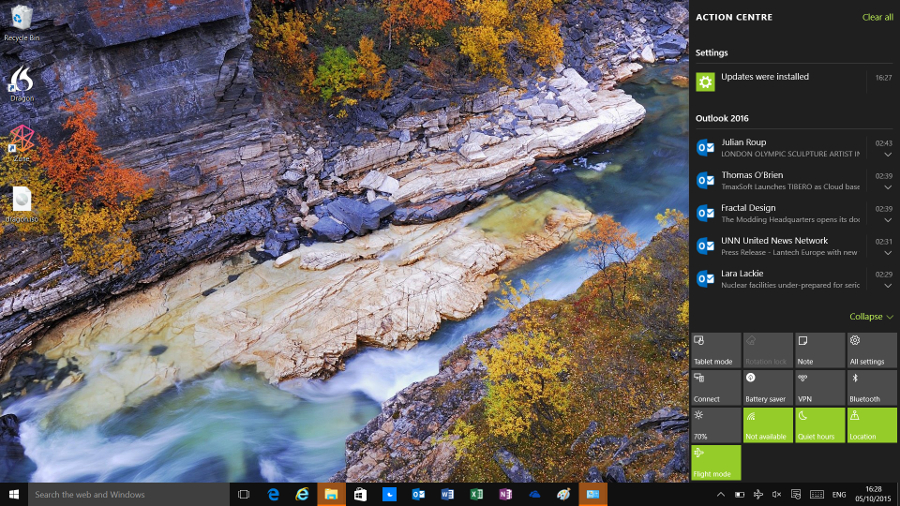Microsoft must do better – more questions raised over Windows 10 privacy
Exactly what data is Microsoft collecting on users?

More issues are being raised over Windows 10 and how Microsoft is treating the privacy of users who have purchased or taken the free upgrade to its new OS.
And this latest controversy stems from comments made by Yusuf Mehdi, Corporate Vice President, Windows and Devices Group at Microsoft, in the recent statement concerning Windows 10 reaching the 200 million device milestone.
As well as boasting about Windows 10 witnessing the fastest growth ever seen in the history of the desktop OS – outpacing even Windows 7 by 140% – Mehdi highlighted some statistics revealing what users of the operating system have been doing.
As we reported back at the start of the week, these include the fact that: "Windows 10 users have spent over 44.5 billion minutes using the Microsoft Edge browser that debuted with the new operating system, asked 2.5 billion questions using Cortana, viewed 82 billion photos in the Windows 10 Photo app, spent over 4 billion hours playing PC games on Windows 10 and streamed more than 6.6 million hours of Xbox One games to Windows 10 PCs."
Microsoft also observed that almost a third more Bing search queries have been made from Windows devices compared to previous versions of the OS.
Lack of transparency
Releasing this data is clearly meant to reinforce just how popular Windows 10 is becoming, but as Martin Brinkmann of Ghacks.net observes, these stats indicate that Redmond may be hoovering up more data from users of the OS than was initially thought.
And the trouble is there's no transparency as to exactly what data Microsoft is collecting – although it is clear that statistics on the use of applications are being pulled from user machines. Neither is it clear how much detail Redmond is going into with its data mining – as Brinkmann notes, when it comes to the questions asked of Cortana, is Microsoft recording the actual queries themselves?
Are you a pro? Subscribe to our newsletter
Sign up to the TechRadar Pro newsletter to get all the top news, opinion, features and guidance your business needs to succeed!
The real issue here is the uncertainty over what data is being recorded, and the fact that the user has no control or real say in the process. Microsoft certainly needs to address these points, particularly given the fact that it has run into trouble on privacy issues before with Windows 10.
The Windows 10 installation process leaves some pretty intrusive options on by default, unless you opt to customise the install and know what you're doing with these settings. And of course Microsoft ran into hot water over a bug in the major November update for the OS which reset privacy options to their dubious defaults, even if you had turned them off initially.
Darren is a freelancer writing news and features for TechRadar (and occasionally T3) across a broad range of computing topics including CPUs, GPUs, various other hardware, VPNs, antivirus and more. He has written about tech for the best part of three decades, and writes books in his spare time (his debut novel - 'I Know What You Did Last Supper' - was published by Hachette UK in 2013).